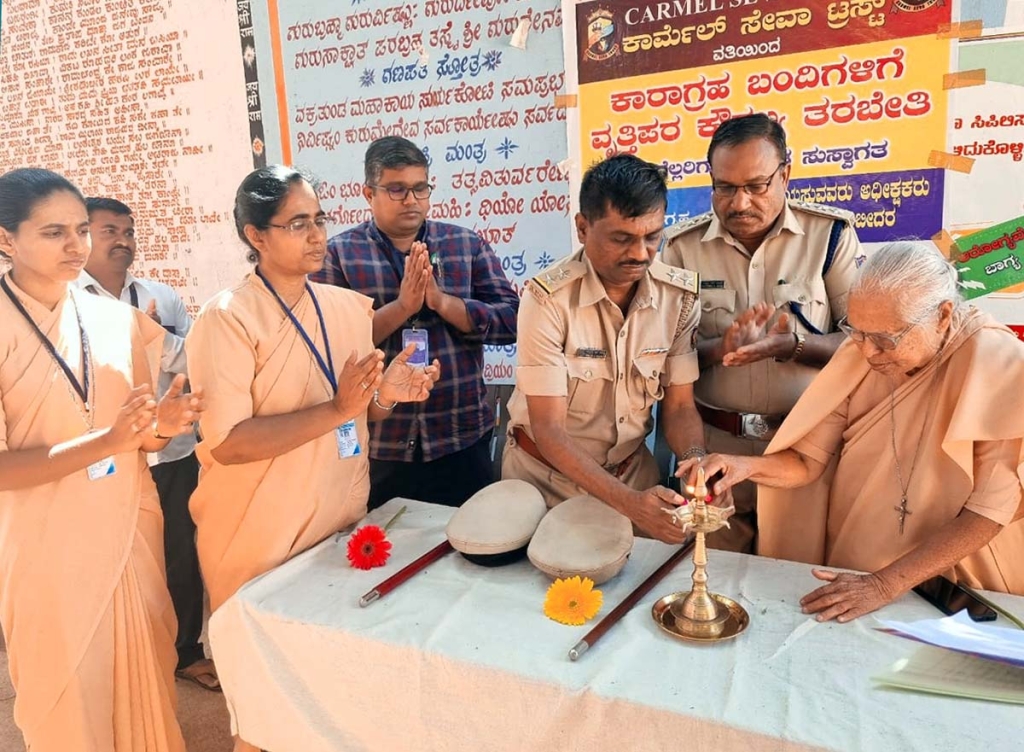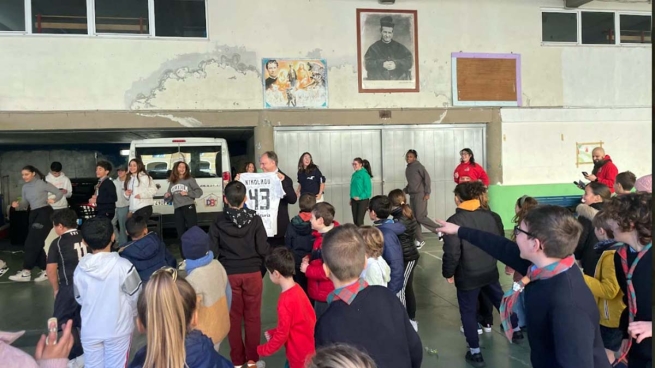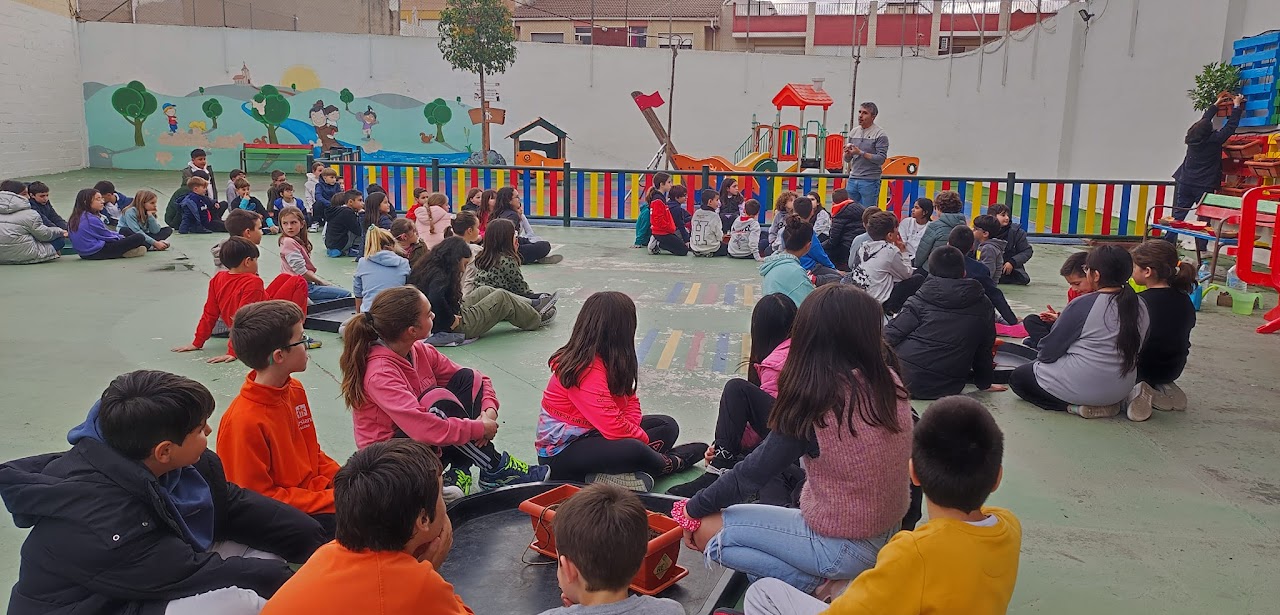PHILIPPINES: Salesian Program Works to Reintegrate Young Offenders Back into Society

(MissionNewswire) In 2010, Salesian missionaries in the Southern Province of the Philippines started the Magone Home Aftercare Program, which is located in the Don Bosco Boys’ Home and Training Center on the island of Cebu. The program works to reintegrate youth who have been in conflict with then law back into a community setting. Salesian missionaries have a 30 years history in the Philippines of working with young prisoners.
The program is targeted to youth who have either been incarcerated or who have spent a rehabilitation period in the Second Chance programs at the Regional Rehabilitation Center for Youth in Cebu City. The purpose of the Magone Home Aftercare Program is to prepare children who have been in conflict with the law for an independent life and to facilitate their gradual reintegration into society as productive individuals.
The Magone Home Aftercare Program is staffed by a director and assistant director with support from social workers, psychologists, teachers and house-parents. Together they are known as the Magone Help Team. Each year the team oversees 20 youth who live at the center and another 20 who are living within the community. To date, the program has worked with 129 youth whose offenses includes murder, rape, theft and robbery. In total of 73 youth have already reintegrated. Of this group, 37 youth are profitably employed, 45 are living with their families and 24 are living independently.
“For youth who have been incarcerated and finished their sentence, finding a way to reintegrate back into society successfully is important for their long-term rehabilitation,” says Father Mark Hyde, executive director of Salesian Missions, the U.S. development arm of the Salesians of Don Bosco. “This program accomplishes that by providing the supports necessary to help youth while providing them the counseling and education they need to make healthier life choices and have the skills to gain future employment.”
The Philippine’s Government of Social Welfare Department has declared the Salesian program a model of best practice for reintegration, which should be replicated by private institutions, organizations and government agencies involved in working with children in conflict with the law. Given the success of the program, Salesian staff have made a stronger and deeper commitment to increase their support and ongoing programs for the reintegration of these young offenders.
More than one quarter of the population of the Philippines live in poverty, according to UNICEF. Poverty is most severe and widespread in rural areas where 80 percent of the population–close to 88 million people–make their home. The poorest Filipinos are indigenous populations, small-scale farmers who cultivate land received through agrarian reform, landless workers and fisherman. In addition, poverty rates are higher for women than men.
Illiteracy and high levels of unemployment contribute to the elevated poverty rate. With more than 11 million out-of-school youth in the country and drop-out rates doubling as children reach secondary school, access to education becomes a critical step in breaking the cycle of poverty.
Salesian programs in the Philippines have been educating poor youth and providing them the skills necessary to find and retain employment for many decades.
###
Sources:
ANS – Philippines – Magone Home After Care Program
UNICEF – Philippines




